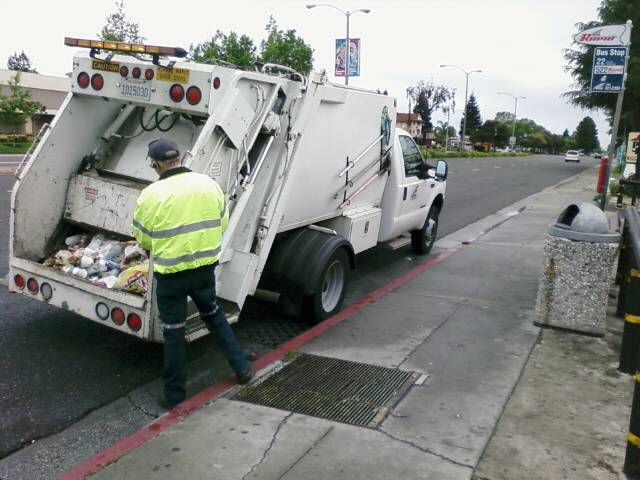-
 M106
M106
-
 Emphysema
Emphysema
-
 Server
Server
-
 Tachycardia
Tachycardia
-
 Gabbro
Gabbro
-
 SIM card
SIM card
-
 Bisphenol A
Bisphenol A
-
 Mean ecliptic for the date
Mean ecliptic for the date
-
 Heisenberg equation
Heisenberg equation
-
 TVOD
TVOD
-
 Hydroxyzine
Hydroxyzine
-
 Allosteric site
Allosteric site
-
 Phosphorescence
Phosphorescence
-
 SMTP
SMTP
-
 Lagoon
Lagoon
-
 Karyotype
Karyotype
-
 Interfacing circuit
Interfacing circuit
-
 Maar
Maar
-
 Gas giant
Gas giant
-
 Modulation
Modulation
-
 Tibia
Tibia
-
 Sinistral snail
Sinistral snail
-
 Polygyny
Polygyny
-
 Salt gland
Salt gland
-
 Colloid
Colloid
-
 Crude oil
Crude oil
-
 Optogenetics
Optogenetics
-
 Conformation
Conformation
-
 Ampelosaurus
Ampelosaurus
-
 Public domain software
Public domain software
Polluter pays principle
Adopted in 1972 by the Organisation for Economic Cooperation and Development (OECD), and in 1986 by the EEC, the polluter pays principle (PPP) is an economic principle that aims to internalise hidden environmental costs (externalities) within the economy.
This principle stipulates that the costs of prevention, reduction of pollution, environmental remediation and restoration must be borne by the polluter who caused the damage.
Limits of the polluter pays principle
The polluter pays principle, however, has some limits:
- first of all, one must be able to evaluate the economic cost of environmental damage, which is far from obvious
- secondly, it is difficult to identify the responsible party, as shown in the past by the examples of the black tides, when the captain of an oil tanker, the owner and charterer passed the buck;
- finally, the environmental cost may surpass the polluter's ability to pay. In this case, other mechanisms, such as insurance or national solidarity, must replace the polluter.
Applications of the polluter pays principle
The polluter pays principle can be applied in several different forms, such as standards, fees and taxes (Pigouvian taxes), insurance, quota markets or even damages following legal action.
 The tax for collecting household waste is derived from the polluter pays principle. © Richard Masoner CC by-sa 2.0
The tax for collecting household waste is derived from the polluter pays principle. © Richard Masoner CC by-sa 2.0
Latest
Fill out my online form.



